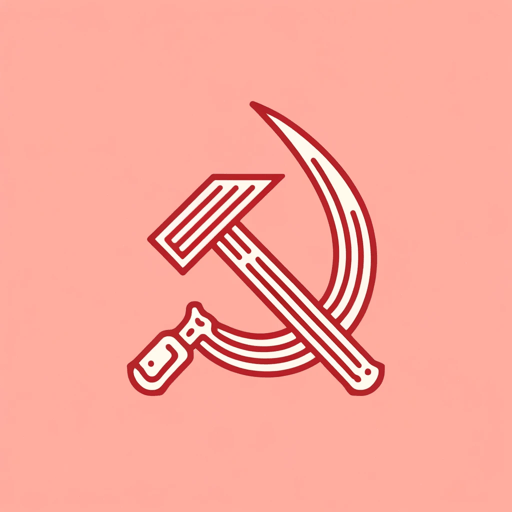27 pages • 54 minutes read
Vladimir LeninImperialism: The Highest Stage of Capitalism
Nonfiction | Book | Adult | Published in 1916A modern alternative to SparkNotes and CliffsNotes, SuperSummary offers high-quality Study Guides with detailed chapter summaries and analysis of major themes, characters, and more.
Key Figures
Vladimir Lenin (The Author)
Vladimir Illyich Lenin was born on April 22,1870 and died January 21, 1924. He was the very first founding head of the new government in Soviet Russia from 1917 to 1924. Born into an upper-middle-class family, Lenin became a revolutionary and socialist following his brother’s arrest, condemnation, and execution. Lenin later became a Marxist. After a period of exile in Siberia, he fled to Switzerland.
After his exile, Lenin became an expert in Marxist theory. In the wake of World War I, he campaigned for an international revolution in which the proletariat would overthrow capitalism and usher in a new age of Marxist socialist policies and systems. When the Bolsheviks eventually overthrew the regime in Russia, Lenin played a leading role in the October Revolution and became the chairman of the Council of People’s Commissars.
A charismatic and fiery leader, Lenin spoke four languages—Russian, French, German, and English—and lived an active, ascetic lifestyle of self-discipline. In 1923, Lenin suffered his third in a series of strokes which removed his ability to communicate. He fell into a coma from which he never woke up. Some of Lenin’s most influential works are:


